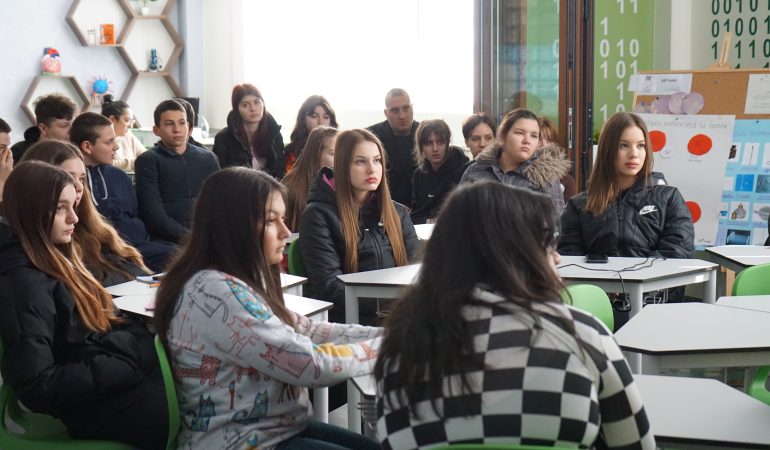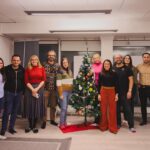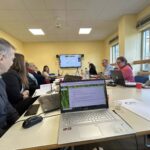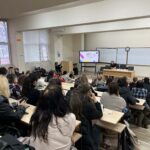In February 2023, the “Knowledge of Human Rights” project, implemented by the “Knowledge” Association in partnership with the National Association of Resource Teachers in Bulgaria, was accomplished.
The project was financially supported with €83,021 from Iceland, Liechtenstein, and Norway through the EEA Financial Mechanism.
The main goal of the “Knowledge of Human Rights” project was to achieve positive change regarding the trends of human rights violations, the manifestation of intolerance, discrimination, and the use of hate speech among youth and students.
The project began in September 2021 with a competition directed at Bulgarian schools to participate in the activities and initiatives. Following the application process, the following schools were selected:
• 140th Secondary School “Ivan Bogorov” – Sofia
• Secondary Vocational School “Knyaginya Evdokiya” – Sofia
• Secondary Vocational School “Aleko Konstantinov” – Pleven
• Secondary School “Konstantin Petkanov” – Burgas
• Secondary School “Yordan Yovkov” – Kardzhali
• Secondary School “Krum Popov” – Levski
• Secondary Vocational School “Aleko Konstantinov” – Svishtov
• Secondary School “Vicho Grncharov” – Gorna Oryahovitsa
• Secondary School “Vasil Levski” – Roman
• Secondary School “Hristo Botev” – Kubrat
As a final activity, three “Living Libraries” with follow-up training sessions were held in Gorna Oryahovitsa, Levski, and Kardzhali. More than 60 upper-grade students participated in the libraries and had the opportunity to “browse” the stories of 11 living books – people who are completely different from the stereotypes associated with their profession, social group or status, ethnicity, or religious affiliation. In the role of “living books” were both ordinary citizens and well-known individuals from the local community. For example, in Levski, the mayor of the municipality, Mrs. Lyubka Aleksandrova, was a living book.
Students also had the opportunity to discuss the role of stereotypes and prejudices and their connection to human rights. The following day, students underwent training on how to conduct living library events.
The students shared that they would organize similar libraries in each city with people representing groups to which we have deep prejudices – such as homeless people, drug addicts, and others.
What Are Human Libraries?
The idea of The Human Library originated in Denmark. The initiative, created in 2000, aims to “publish people as open books” so that anyone can ask questions about someone’s life in an effort to better understand their issues.
The concept is simple – stereotypes can be broken when you listen to real people’s stories. In a human library, readers can borrow human beings, who serve as open books, and engage in conversations that they would not normally have access to. Each human book in our library represents a group in our society that is often subjected to prejudice, stigmatization, or discrimination due to their way of life, diagnosis, beliefs, disability, social status, ethnic origin, etc.



